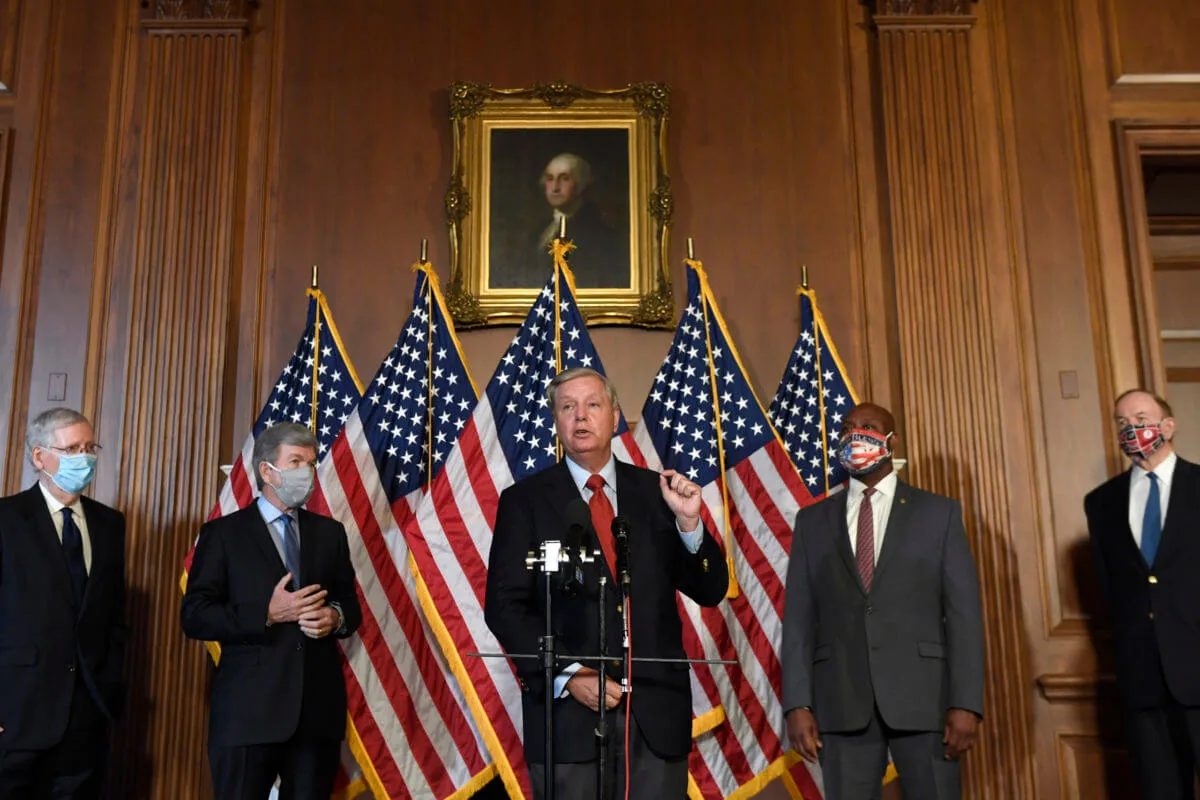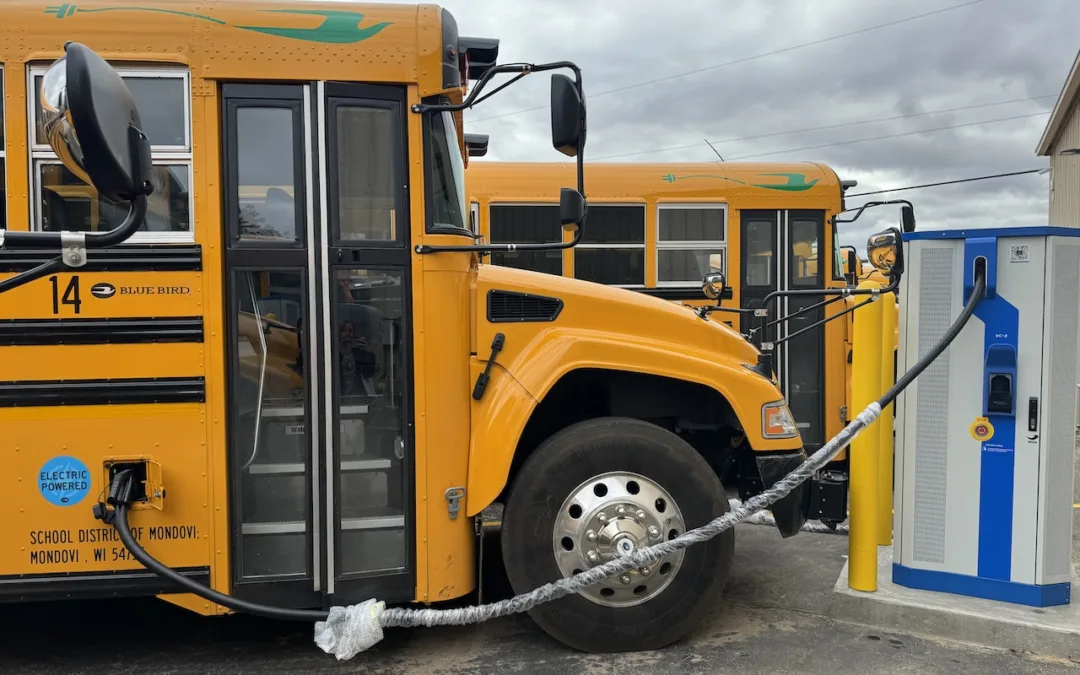
#image_title
#image_title
After two months of inaction, Senate Republicans on Monday finally released their own stimulus proposal, a roughly $1 trillion package that House Speaker Nancy Pelosi called “pathetic.”
Kazz Walding is worried. With each passing day, it becomes a little more likely that she, her daughter, and her boyfriend will have to give up the Atlanta apartment they love and move across town into her parents’ basement, undoing years of hard work to become financially stable.
The 36-year-old union stagehand has been unemployed since March and is one of the more than 20 million Americans who relies on the $600-a-week federal unemployment benefit to get by. But with that federal supplement expiring this week—and with Senate Republicans opposing an extension at the same rate—Walding’s future has been plunged into uncertainty.
“It would really throw a wrench in everything that we have worked so far,” Walding told COURIER. “My daughter, who has emotional issues, will not have the medical care that she needs. I will not have medical care that I need. We won’t be able to live in our own place, we’re going to have to go and move into either my parents’ basement, or we’ll have to find another living arrangement.”
Amy, a 32-year-old resident of West Hollywood, California who asked that we identify her by first name only, has similar fears. The $600 federal unemployment benefit has been a “lifesaver” for her after she was furloughed from her restaurant job in March. Without the federal supplement, her weekly $725 check would drop to $125.
“It’s a scary thing,” she told COURIER. “That’s not enough to live on.”
The expiration of the benefits is all the more frustrating for Amy and Walding because House Democrats passed a bill in May to extend the weekly $600 payout through January 2021. Republicans sat on that bill for more than two months and heavily criticized the payments as too generous, arguing they disincentivized workers from returning to their jobs amid a spiraling public health crisis.
“I don’t know who raised these people that didn’t teach them how to step into someone else’s shoes, but there is an actual problem,” Amy said. “That is not a way to lead a country and that is not a way to treat people who pay taxes and who live in this country.”
After two months of inaction, Senate Republicans finally unveiled their own proposal on Monday, a roughly $1 trillion package that House Speaker Nancy Pelosi called “pathetic.” That bill, called the “HEALS Act,” would slash the $600-a-week benefit to $200 in the short term, with a complicated, wage-based formula eventually phasing in.
The legislation, which is one-third of the $3 trillion cost of the House-passed “HEROES Act,” serves as a starting point for negotiations, but the differences between the two proposals are vast.
Here’s a breakdown of what’s in the Senate GOP plan and how it compares to the one passed by House Democrats:
Unemployment Benefits
The Republican plan would end the $600-a-week supplement, instead creating a new formula to pay out benefits under which workers would receive 70% of their prior earnings, with a $500 weekly cap. This would amount to a median benefits cut of $435 per week, according to Ernie Tedeschi, a former economist in the Treasury Department during the Obama administration.
The GOP would give states until October to implement this proposal. In the meantime, their plan would provide people who are unemployed only $200 per week, a 67% cut to the current benefit and a reduction of about $1,600 over the course of a full month.
Senate Minority Leader Chuck Schumer (D-NY) made very clear where he stood on the GOP’s massive cuts to unemployment benefits.
“If you’ve lost your job through no fault of your own, Republicans want you to take a 30% pay cut,” he wrote in a tweet Monday. “If you’ve lost your job and can’t go back to work Republicans now want to take $1,600 out of your pocket every single month.”
Direct Payments to Americans
The GOP effort, like the Democrats’ plan, would direct an additional $1,200 payment to Americans who earned under $75,000 in 2019, with the size of the payment phasing out for those who earned more before disappearing altogether for anyone whose income exceeded $99,000.
The House Democrats effort would provide more generous benefits to families with children, giving them an additional $1,200 for each child up to three children, while the Republican proposal would only provide $500 per child.
Schools
The Republican bill includes $105 billion for education, with $70 billion specifically for K-12 schools. Two-thirds of that would go to schools that reopen for in-person classes and meet certain “minimum opening requirements” implemented by their states. By tying funds to reopening, the GOP has aligned itself with President Trump’s push to reopen schools fully, even as COVID-19 cases surge in most of the country. The effort also includes $29 billion for colleges and universities, $5 billion for governors to spend how they see fit, and $1 billion for the Bureau of Indian Education and outlying areas.
The House-passed bill includes $90 million for K-12 schools, with 65% going to local school districts via states.

Protecting Businesses from Lawsuits
Senate Majority Leader Mitch McConnell (R-Ky.) called liability protections a “red line” for him, and his party’s new proposal includes a five-year “liability shield” to protect companies, universities, schools, and healthcare providers from lawsuits over coronavirus-related legal claims, so long as they comply with government guidelines.
RELATED: McConnell Proposes Plan That Would Protect Businesses, Not Workers
Democrats, labor unions, and activists oppose the measure, arguing it would likely give employers and other entities the ability to escape damages from not taking adequate steps to address the safety and health of their workers and customers.
Funding for State and Local Governments
The Republican plan offers no new funds for state and local governments desperate for financial relief, despite bipartisan calls for aid from governors and mayors. Instead, the GOP plan will give localities more flexibility to use an already-allocated $150 billion, allowing them to use some of this money to address their growing budget deficits and shortfalls related to the 2019 fiscal year.
RELATED: McConnell’s Refusal to Help States and Cities Could Plunge U.S. Into Depression, Experts Say
Still, restrictions on spending remain and the effort represents a stark contrast from House Democrats, who approved nearly $1 trillion in aid for states, cities, territories, and tribal governments.
Small Business Funding and Business Loans
The GOP effort includes at least $100 billion in new funding for the Paycheck Protection Program, the small-business relief program approved by Congress in March, and would allow companies with 300 or fewer employees whose revenue has declined by at least 50% to obtain a second, forgivable loan. Their package also includes another $100 billion to provide long-term, low-interest loans of up to $10 million to seasonal businesses and businesses located in “low-income census tracts,” according to a summary of the legislation obtained by the Washington Post.
Healthcare funding
The GOP plan would provide $16 billion in funding for COVID-19 testing, $16 billion for the National Institutes of Health, and $3 billion for the Centers for Disease Control and Prevention.
House Democrats’ bill includes $75 billion for testing, contact tracing, and isolation measures.
What Else?
In a bizarre inclusion, the GOP effort also offers a 100% tax deduction on business meals through the end of 2020, a whopping $7 billion for weapons, including fighter jets, and another $1.75 billion for a new FBI building, a pet project of President Trump’s.
At the same time, it excludes hazard pay for frontline workers, housing and rental assistance, and subsidies for jobless and newly uninsured Americans to obtain health insurance, all of which Democrats included in the HEROES Act.

How Likely Is a Deal?
With the two parties far apart on the content of their legislation, a deal could take some time. But negotiations between the two sides began on Monday.
“We hope that we would be able to reach an agreement,” House Speaker Nancy Pelosi (D-Calif.) said after the meeting with Republican leaders. “We clearly do not have shared values. Having said that, we just want to see if we can find some common ground to go forward. But we’re not at that place yet.”
Senate Republicans, meanwhile, may not even have 50 votes for their own bill.
“There is significant resistance to yet another trillion dollars,” Sen. Ted Cruz (R-Tex.) said Monday. “The answer to these challenges will not simply be shoveling cash out of Washington; the answer to these challenges will be getting people back to work. And as it stands now, I think it’s likely that you’ll see a number of Republicans in opposition to this bill and expressing serious concerns.”
While the two sides negotiate, millions of struggling Americans like Kazz Walding and Amy are left to wait and wonder what their futures hold.
“That $600 felt like such a lifeline and it does feel like it’s running out before we even have a handle on the pandemic or any idea how to move forward, so it is a very scary thing,” Amy said. “If we don’t give millions and millions of people that are on unemployment a lifeline, I can’t imagine the world we’re going to see in six months.”
Politics

Eric Hovde’s company exposed workers to dangerous chemicals, OSHA reports say
A Madison-based real estate company run by Wisconsin US Senate candidate Eric Hovde settled with the Occupational Safety and Health Administration...

Plugged in: How one Wisconsin school bus driver likes his new electric bus
Electric school buses are gradually being rolled out across the state. They’re still big and yellow, but they’re not loud and don’t smell like...
Local News

Stop and smell these native Wisconsin flowers this Earth Day
Spring has sprung — and here in Wisconsin, the signs are everywhere! From warmer weather and longer days to birds returning to your backyard trees....

Your guide to the 2024 Blue Ox Music Festival in Eau Claire
Eau Claire and art go hand in hand. The city is home to a multitude of sculptures, murals, and music events — including several annual showcases,...



